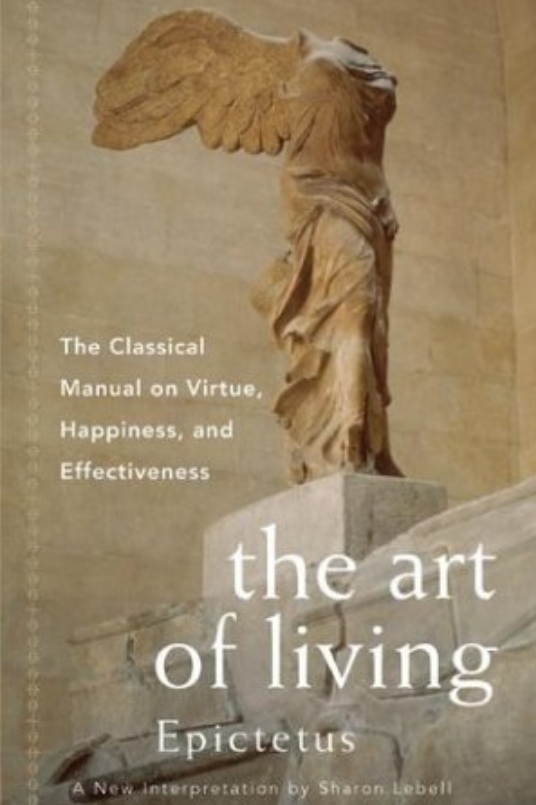Do you need any other reason to read this book?
It has survived time, it still gets published and bought, and Epictetus left this earth a while ago. It survives through word of mouth.
If Marcus Aurelius was able to learn from him, I’m sure so will you.
Flow: 5/5
Actionability: 5/5
Mindset: 5/5
Some of My Highlights:
“Moral progress is not the natural province of the highborn, nor is it achieved by accident or luck, but by working on yourself-daily.”
AS a master of succinct explanation, he would have been similarly suspicious of the murky verbiage found in academic, philosophical, and other dry texts.”
“He considered himself successful when his ideas were easily grasped and put to use in someone’s real life, where they could actually do some good elevating that person’s character.”
“He exhorted his students to shun mere clever theorizing in favor of actively applying his teachings to the concrete circumstances of daily life.”
“Among his most distinguished students was the young Marcus Aurelius Antoninus, who eventually became ruler of the Roman Empire.
“Happiness and personal fulfillment are the natural consequences of doing the right thing.”
“His prescription for the good life centered on three main themes: mastering your desires, performing your duties, and learning to think clearly about yourself and your relations within the larger community of humanity.”
“You may well have to forego wealth and power if you want to assure the attainment of happiness and freedom.”
“Desire and aversion, though powerful, are but habits. And we can train ourselves to have better habits.”
“It is not things that disturb us, but our interpretation of their significance.”
“Conduct yourself in all matters, grand and public or small and domestic, in accordance with the laws of nature.”
“Those who are dedicated to a life of wisdom understand that the impulse to blame something or someone is foolishness, that there is nothing to be gained in blaming, whether it be others or oneself.”
“The more we examine our attitudes and work on ourselves, the less we are apt to be swept away by stormy emotional reactions in which we seek easy explanations for unbidden events.”
“Grow up! Who cares what other people think about you! Create your own merit.”
“As time goes by and you build on the habit of matching the appropriate inner resources to each incident, you will not tend to get carried away by life’s appearances.”
“But why should it be any concern of yours who gives your things back to the world that gave them to you?”
“It’s much better to die of hunger unhindered by grief and fear than to live affluently beset with worry, dread, suspicion, and unchecked desire.”
